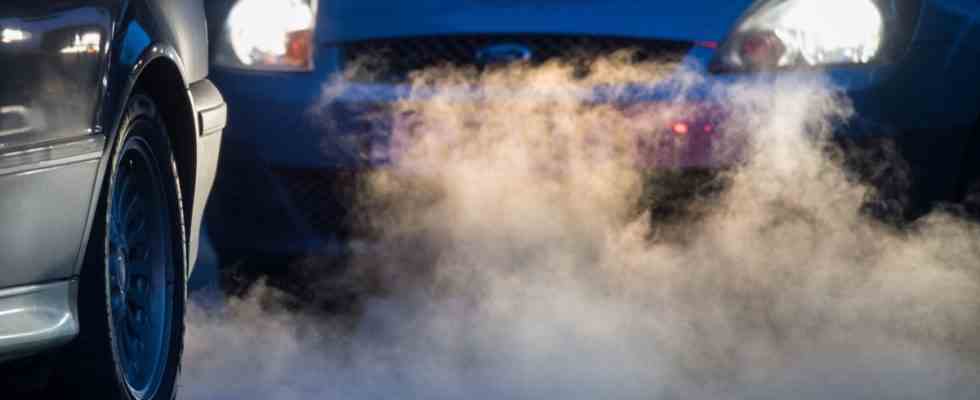The European Court of Justice (ECJ) lowers the hurdles for claims for damages by diesel buyers in the event of inadmissible exhaust technology. The car manufacturers could also be liable if they had simply acted negligently without any intention of fraud, the Luxembourg judges ruled in a Mercedes case on Tuesday.
This could have major implications for German case law. Because at the Federal Court of Justice (BGH) plaintiffs only had a chance of compensation if they were deliberately and intentionally deceived by the manufacturer in an immoral way. These strict criteria were only met with the VW scandal engine EA189. Negligent action is now sufficient for the ECJ – which is easier to prove.
The judges in Germany must now implement these requirements. In order to await the ECJ ruling, courts of all instances had shelved mass diesel proceedings in which this question was important. At the BGH alone, more than 1900 revisions and complaints about non-admission are pending, the clear majority had been postponed because of the ECJ proceedings.
The “Diesel Senate” of the BGH has already scheduled a hearing for May 8, in which it intends to discuss the “possible consequences for German liability law” in order to quickly provide the lower instances with guidelines. Because with the ECJ judgment not all questions have been clarified by a long shot. For example, it is unclear how much money affected car buyers are entitled to.
The background was a lawsuit against Mercedes-Benz
The background to the proceedings was a claim for damages from Germany against Mercedes-Benz because of a so-called thermal window. Thermal windows are part of the engine control system, which throttle exhaust gas cleaning at cooler temperatures. Car manufacturers argue that this is necessary to protect the engine. Environmental organizations, on the other hand, see it as a tool that helps to make car emissions appear smaller under test conditions than they are in real traffic. The ECJ considers these thermal windows to be permissible only within very narrow limits.
After the ECJ ruling, Mercedes announced: “Mercedes-Benz vehicles that were or are affected by a recall can continue to be used without restrictions after the appropriate software updates.” And further: “It remains to be seen how national courts will apply the ECJ’s decision in relation to national law.”
Thermal windows were also used as standard by other manufacturers. Since the ECJ ruling relates to unlawful defeat devices in general, it could also be transferrable to other functionalities in the exhaust technology of diesel cars, which are currently being scrutinized by the courts.

